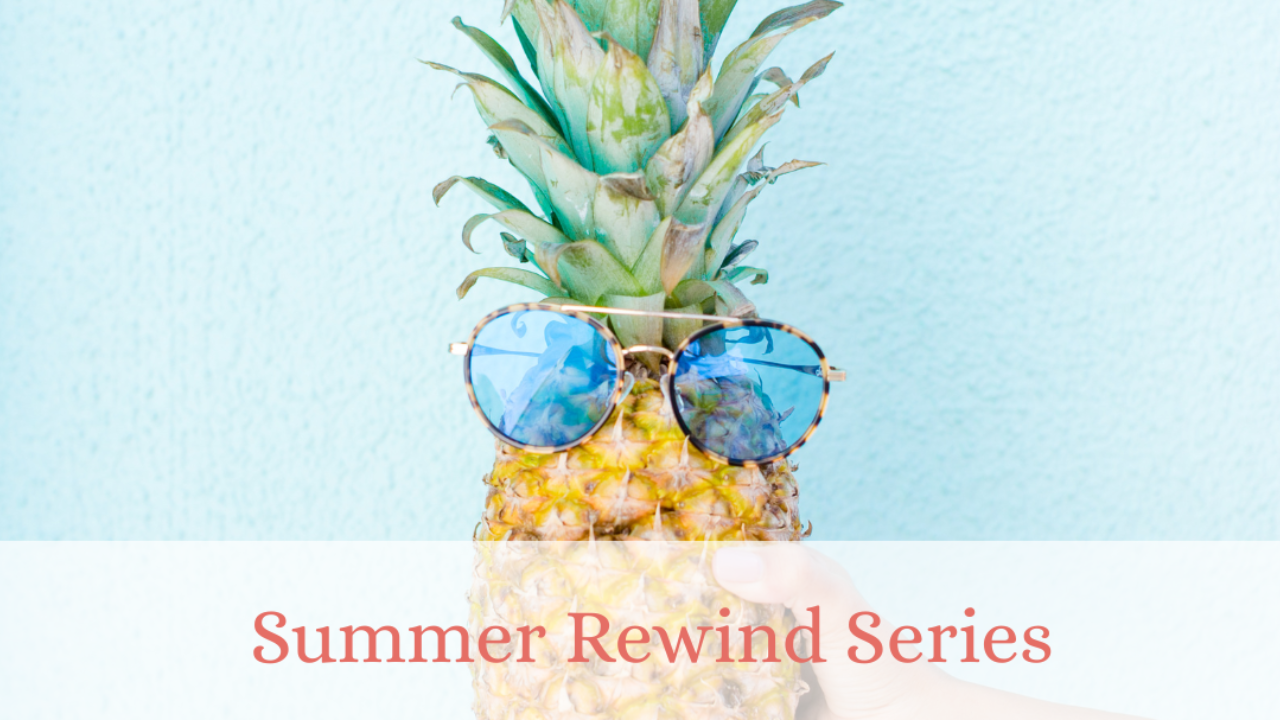Welcome To Our Podcast
Does your child struggle with reading and writing? Do you suspect they have dyslexia? Real world answers to all your questions about dyslexia and ways to help your child is exactly what you get when you tune into the Literacy Untangled Podcast. Jennie breaks down the complexities of dyslexia into everyday language, strategies, and action steps. Tune in, get inspired, and discover why parents across the globe reach out to Jennie for advice and support on all things related to dyslexia, reading, writing, academic testing, school supports, and IEP’s. Start finding answers to your questions today!











